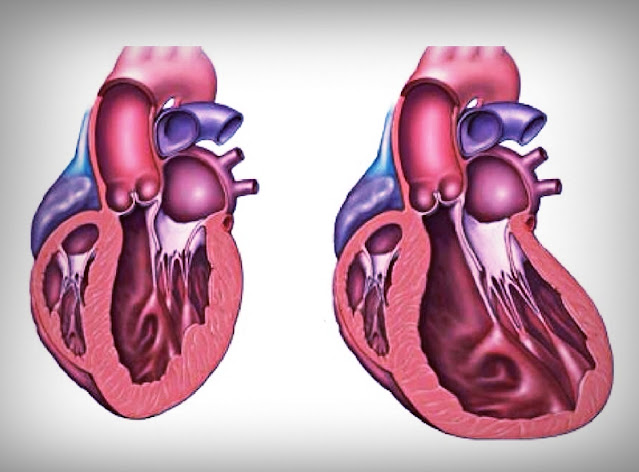Breaking News: Advances in Dilated Cardiomyopathy Research Revolutionize Treatment
In a groundbreaking development, recent advances in the field of dilated cardiomyopathy (DCM) research are poised to revolutionize the treatment landscape for this debilitating heart condition. Dilated cardiomyopath, characterized by an enlarged and weakened heart muscle, has long posed significant challenges for medical professionals and patients alike. However, with the emergence of new therapies and a deeper understanding of the underlying mechanisms, the future for DCM patients looks increasingly promising.
One of the most exciting breakthroughs in Dilated Cardiomyopathy research involves the identification of genetic mutations that contribute to the development of the disease. Researchers have discovered that certain genetic variations can disrupt the normal structure and function of proteins involved in cardiac muscle contraction, leading to the dilation and weakening of the heart. This newfound knowledge has not only shed light on the molecular mechanisms underlying DCM but has also paved the way for personalized treatment strategies.
According to Coherent Market Insights the Dilated Cardiomyopathy Market Industry Insights, Trends, Outlook, and Opportunity Analysis, 2022-2028.
With the advent of precision medicine, researchers are now able to tailor treatment plans based on an individual's specific genetic profile. By identifying the specific genetic mutations responsible for a patient's DCM, healthcare professionals can select targeted therapies that directly address the underlying cause of the disease. This personalized approach not only improves treatment efficacy but also minimizes potential side effects by avoiding unnecessary medications.
Another significant development in DCM research involves the use of regenerative medicine techniques to repair damaged heart tissue. Stem cell therapy, in particular, has emerged as a promising avenue for treatment. Stem cells possess the unique ability to differentiate into various cell types, including cardiac muscle cells. By injecting these cells into the damaged areas of the heart, researchers aim to regenerate healthy cardiac tissue, thereby improving heart function and reducing symptoms in DCM patients.
Furthermore, the field of cardiac device technology has also witnessed remarkable progress in the context of Dilated Cardiomyopathy treatment. Ventricular assist devices (VADs), which are mechanical pumps that help the heart pump blood more efficiently, have significantly improved the prognosis for DCM patients with severe heart failure. These devices can be used as a bridge to heart transplantation or as a long-term solution for patients who are not eligible for transplantation. With ongoing advancements in VAD technology, smaller and more durable devices are being developed, enhancing patient comfort and overall outcomes.




Comments
Post a Comment